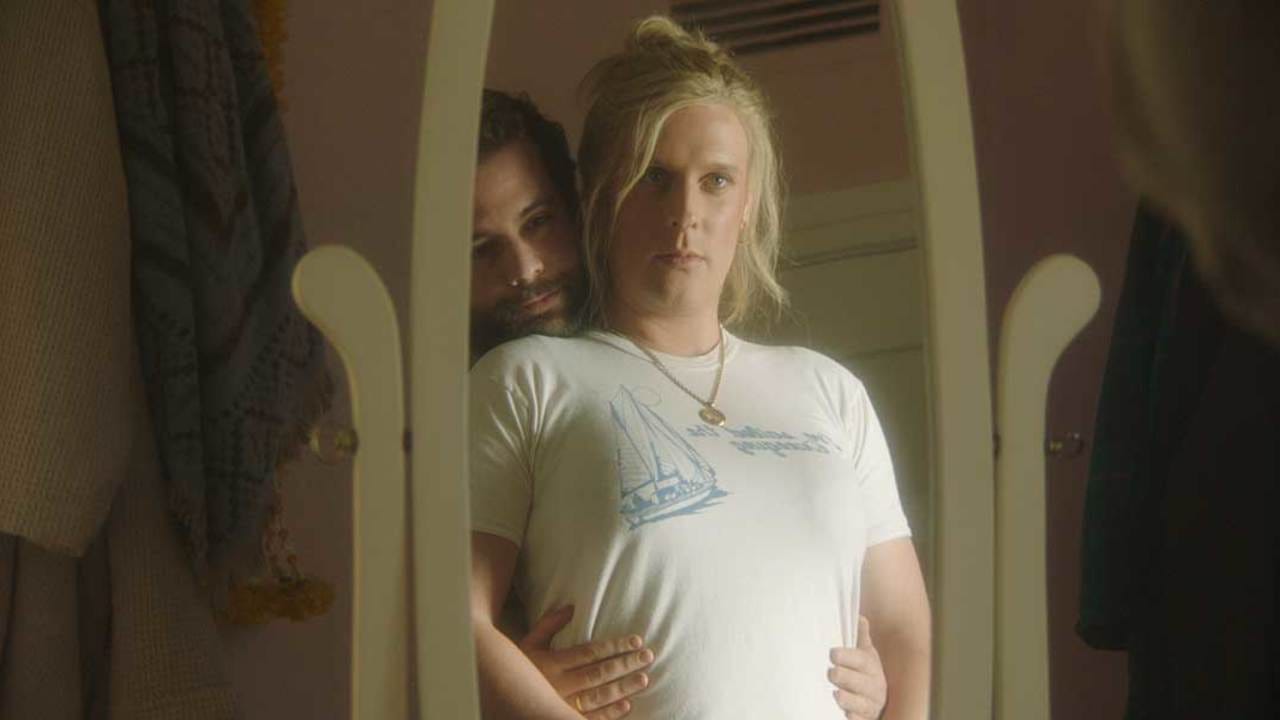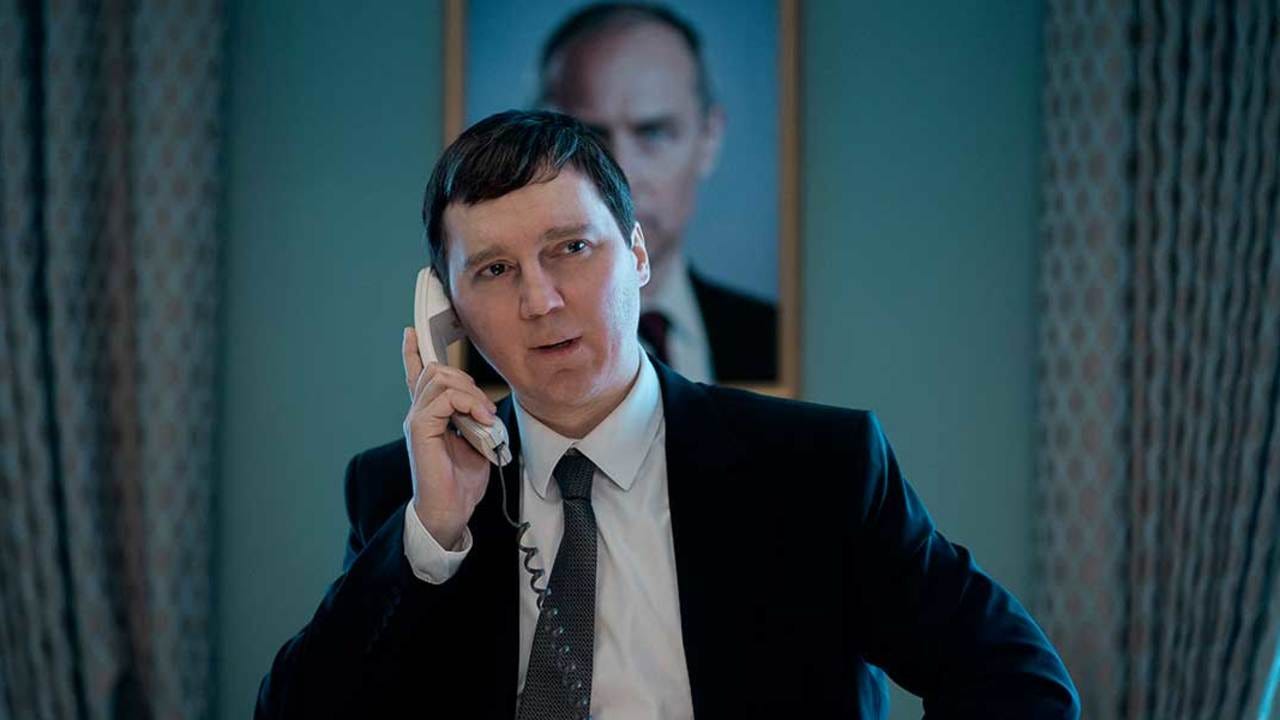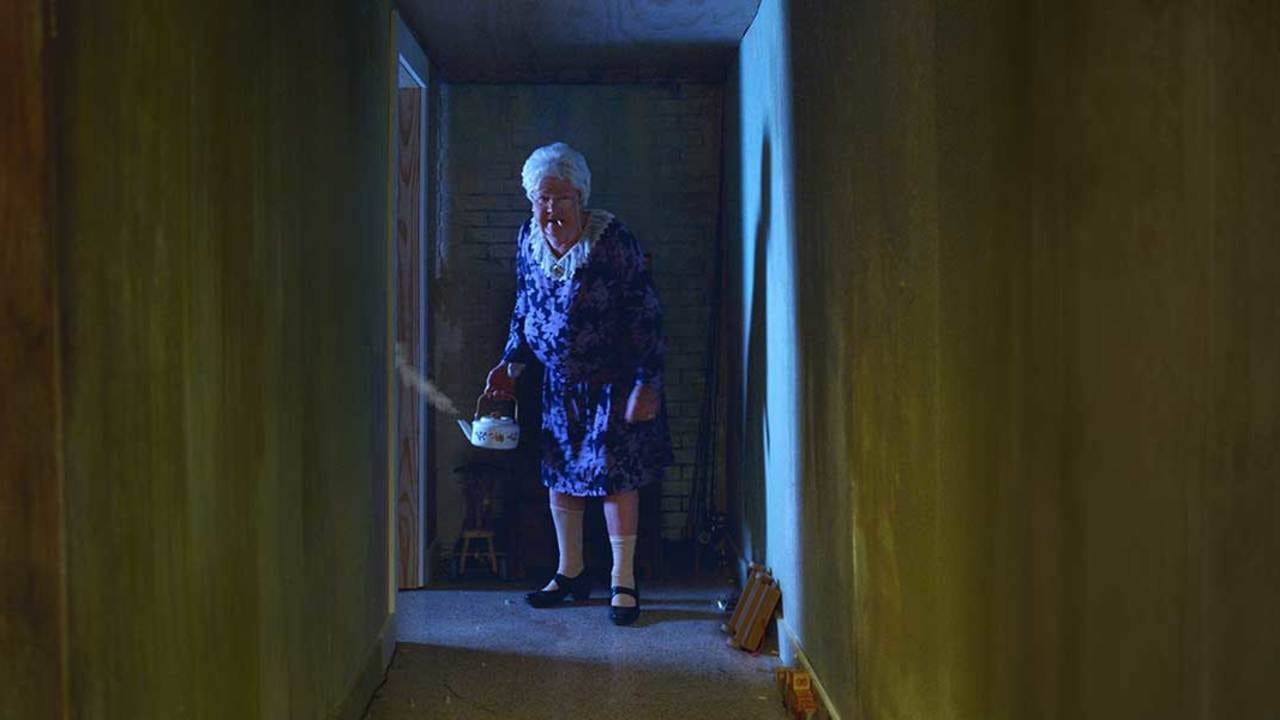TIFF '25 Day Seven
A few words about an Ravi Soups
Minutes before the lits dimmed at my first screening of the sixth day at TIFF 2025, I saw reports that Charlie Kirk had been shot at a live event in Utah. When the screening was over and the lights came up, he’d been confirmed killed. I don’t need to use the space of a film festival blog update to get into the many fucked up facets of that. Suffice it to say, Kirk’s cosmically deserved fate is nonetheless a terrifying indication of where things are heading as the U.S. and other parts of the world descend into fascist authoritarianism. The increasing salience of political violence is, in simple terms, is really bad. Just so fucking bad. Welcome to the rotting core of modern society.
Having stayed out extremely late, I wasn’t about to attend any early morning screenings. Instead, I let myself sleep in a bit, and then attended to more work I’d piled up, finished two more assigned reviews that will be published soon. It’s why my first screening of the day was only at 3 pm. I’m actually all out of assignments (though I still have one left to file), so in some senses, my festival is already over as a matter of work obligation. Couple that with a less inspiring lineup than some years, and I’m halfway treating it all as over. Which isn’t to say I will stop seeing TIFF movies. There are still more I’d like to get to if I can, but I’m treating it much more like I would outside the festival. There are always movies I want to see being screened in Toronto, often multiple on the same day, and often conflicting. It’s like a year-round festival here, but I don’t sweat it much, and I’m not sweating the rest of TIFF. I’ll see what I see, if I can see it, and if not, no huge loss.
I can’t say the Kirk assassination cast much of a pall over my sixth day at the festival—I have no sympathy for him, and to the extent that the repercussions might drive me mad, that’s only becoming clear now, in the day after, as figures like Ezra Klein attempt to make the righteous case against political violence by sanctifying a man who was, in fact, a monstrous human being on every level. Looking back over the day, though, it all fit within what was an odd, unexpected, and often politically charged experience of the movies I was seeing.
That first screening of the day was John Early’s Maddie’s Secret, which had been on my radar, but became one of the most buzzed about films of the fest, at least in my circles. Cool comedy people doing a riff on Lifetime movies and Douglas Sirk dramas, done with a dose of John Waters-y camp but also a surprising seriousness, that just sounds great to me. And it was. In the film, Early, dressed in drag, plays a woman washing dishes at a recipe video content operation. She is a talented cook in her own right, and when she finally gets a taste of success, becoming an on-camera personality, it dredges up her long battle with bulimia, eventually sending her to the hospital. Early begins the film in a register close to spoof, with perfectly cheesy dialogue, hilarious music cues, and a visual style that mixes soft cable TV with occasionally beautiful lighting in absurdly funny fashion.
What’s special about Maddie’s Secret, though, is how straight it ultimately plays everything. Though the first few minutes mine some comedy from the image of Early in drag, his character is not a put-on. Maddie is never treated as a joke. Her story, and the difficult experiences she goes through are serious and treated as such, even as plenty of comedy is found in the absurd details around her ordeal. It’s a neat tonal balancing trick, and one that shifts in interesting ways over the course of the film. Not an easy thing to do by any stretch, and risky, too, given how drag is understood in the current political climate, and how easy it is to treat predominantly women’s issues, like disordered eating, as pure frivolity. There’s plenty of fun frivolousness in Maddie’s Secret, but it is not at all a frivolous film. In the end, it’s a powerful one, and certainly a highlight of the festival.
Not exactly a highlight is Olivier Assayas’s new film, The Wizard of the Kremlin, which essentially tells the story of post-Cold War Russia and the rise of Putin through the ‘90s to the mid-‘10s. I’d already heard mixed-to-negative things about the film, which stars Paul Dano as the fictional Vadim Baranov, a media and political manipulator who becomes central in the reshaping of the Russian Federation into the authoritarian nightmare it is now. Lude Law plays Putin, and despite not remotely attempting an accent, he is done up to look so much like Putin that it works. What doesn’t work is the film, which is disappointing by any normal standards, but especially so for Assayas, whose Carlos is one of the best political dramas of the current century.
Playing out like a turgid Wikipedia entry only makes its central character being entirely fiction feel like a pointless, and perhaps historically distorting affair. Most of all, though, it’s a boring trudge through three decades of Russian politics that had me wishing I was watching an Adam Curtis documentary instead. Evidently, the guy next to me felt similarly. I’d noticed through the screening that he was losing focus, but at first I chalked it up to him falling asleep. Understandable. But then, during the scene in which Putin is selected to lead the government and an altered clip of the ceremony began to play, that guy got animated. First, he did a Nazi salute, though it was clear to me he was doing it in jest, as a jab at Putin. Except he didn’t stop there. He began muttering, and then talking, and then yelling as he stood up to leave the row. He continued causing a disturbance as he slowly left the theatre, railing against the film. I wasn’t 100 percent clear on the content of all his ramblings, but I gathered that he was anti-Putin and felt that the film was nothing more than a limp reaction to a violent dictator. He was yelling about how Putin was going to win the war, and win everything in the end, and y’know, Nazi salute aside, I sympathized.
Coming out of The Wizard of the Kremlin, I needed food, so I made my first jaunt down to Ravi Soups of the festival. If you’re a real TIFF-head, you know Ravi Soups, and even if you’re not, you should know Ravi Soups. Anyway, I went there, and there was this older guy happily chatting it up with the workers at the restaurant while he was ordered. I understood quickly that this man was a producer, and was actually encouraging one of the workers to pitch movie ideas. What I didn’t realize until I got to talking with him, sitting down together, was that this wasn’t any random small-time producer. This was David Permut, producer of Face/Off! Of course, he’s produced much more than just Face/Off, and he regaled me with stories from his career, including how he got the legendary Richard Pryor: Live in Concert—turns out Pryor needed the money.
In an amazing example bit of serendipity, while telling me about his new film, Sian Heder’s biopic about the iconic disability rights activist Judy Heumann, we discovered that another older man sitting across from us had actually worked and protested with Heumann in the ‘70s. These are the kinds of interactions that make a festival like TIFF a special experience.
I ended my day by hitting up my second Midnight Madness film of the festival, Todd Rohal’s Fuck My Son!, which I will readily admit I got a ticket to knowing nothing except the title. How could I not see a movie called Fuck My Son! with a midnight audience? That was the right call, in that there is no way the film would have been enjoyable outside that raucous environment. It wasn’t enjoyable as is, though the vibes at the Royal Alex were fun enough. The movie is far grosser than the title suggests, but somehow not actually adventurous enough, and actually kind of a slog by the end. Though I’ll admit, this kind of thing just isn’t for me. I prefer a more honestly vile spirit in my exploitation cinema, if you’re gonna go there. The world is shitty enough, so if you’re going to dive in, make it count.





bummed i missed mark's magical taste dinner.. twice
a David Permut spotting is how i know i'm at TIFF! such a nice guy